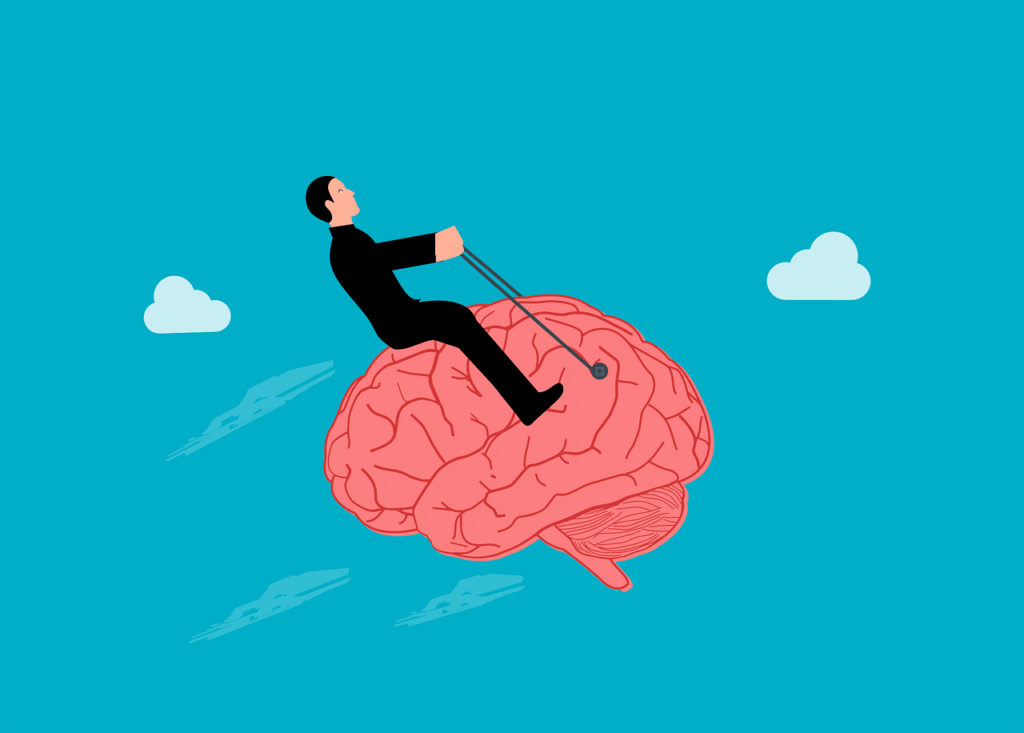As a confidence coach who focuses on helping women take their lives to the next level, sometimes ‘unpicking’ beliefs set down at much earlier levels in their lives is hugely useful. While 95% of my work focuses on a client’s future, it can be useful to question the assumptions made years earlier – even as young children.
On the 8 week Confidence Catalyst programme that I run as a confidence coach, we explore those earliest beliefs. This is vital as my clients can’t reach the next stages of happiness and success if they don’t reflect on the earliest lessons they lived through and the longer term impact. During the programme, I set aside one session to think about the lessons we learned as children that ensured our survival.
Exposing Lessons in Childhood
For example, at home as a child, I saw books all around me. Plus the weekly visits to the library so my mother could complete her ‘to-do’ lists, I learned that being smart and well-organised would ensure I get the right amount of attention and could talk my way out of most scrapes. These early lessons follow us and influence the way we see the world, often for the rest of our lives.
In a recent discussion about this topic during the Confidence Catalyst programme, one woman in our group, who grew up in a strict Church environment said that ‘Be quiet and behave’ had been her lesson. As a ‘Pleaser’ according to her assessment, she saw how much that approach impacted how often she challenged difficult situations.
Reworking Your Pathways Positively
Another woman, Maya also identified with those earlier lessons. She explained she had several ‘toxic’ relatives, which left her with the belief that ‘love was conditional and that taking risks was unforgivable.’ She could see the huge impact that still had on her over 30 years later.
Optimistically, Maya said that she’d found the mental fitness exercises we did as part of the programme very grounding, and useful for when the self-doubt ‘Saboteur’ voices became too much. Maya said: ‘The exercises are short, but they help me get out of my head space and choose a more positive neural pathway than the well-trodden neural pathway I’ve taken for years!’
Self-Doubt to Self-Confidence
If you are in this place with too frequent self-doubt, ask yourself:
- ‘What were the unspoken lessons I learned as a child that ensured my survival?’
- ‘How do they impact me now?’
- ‘How do I want to adapt those beliefs to serve me now?’
If this sounds familiar to you, get in touch about my executive coaching or the next Confidence Catalyst programme to explore this further.





